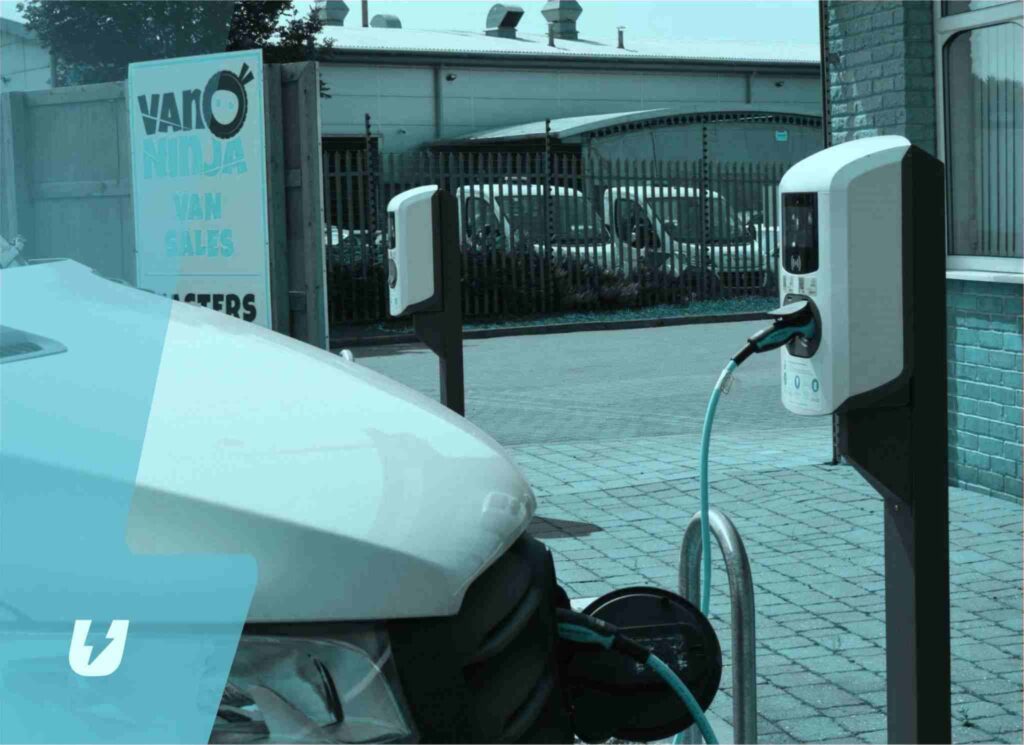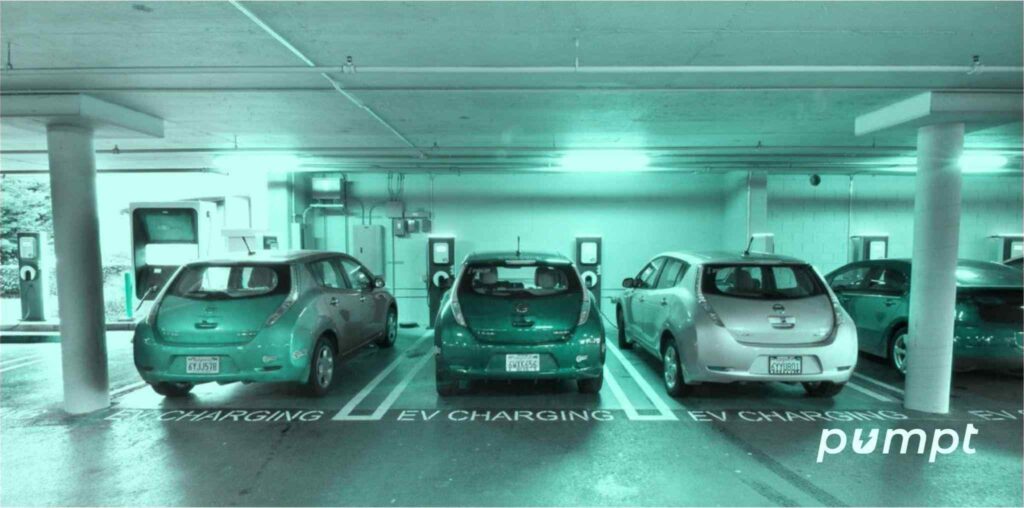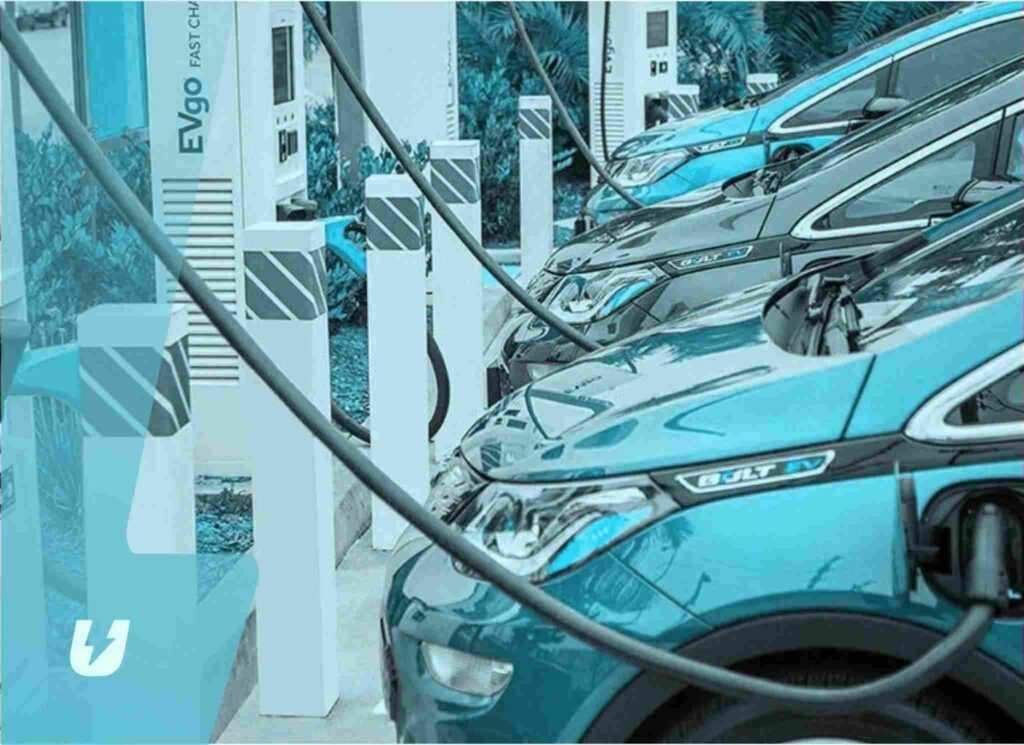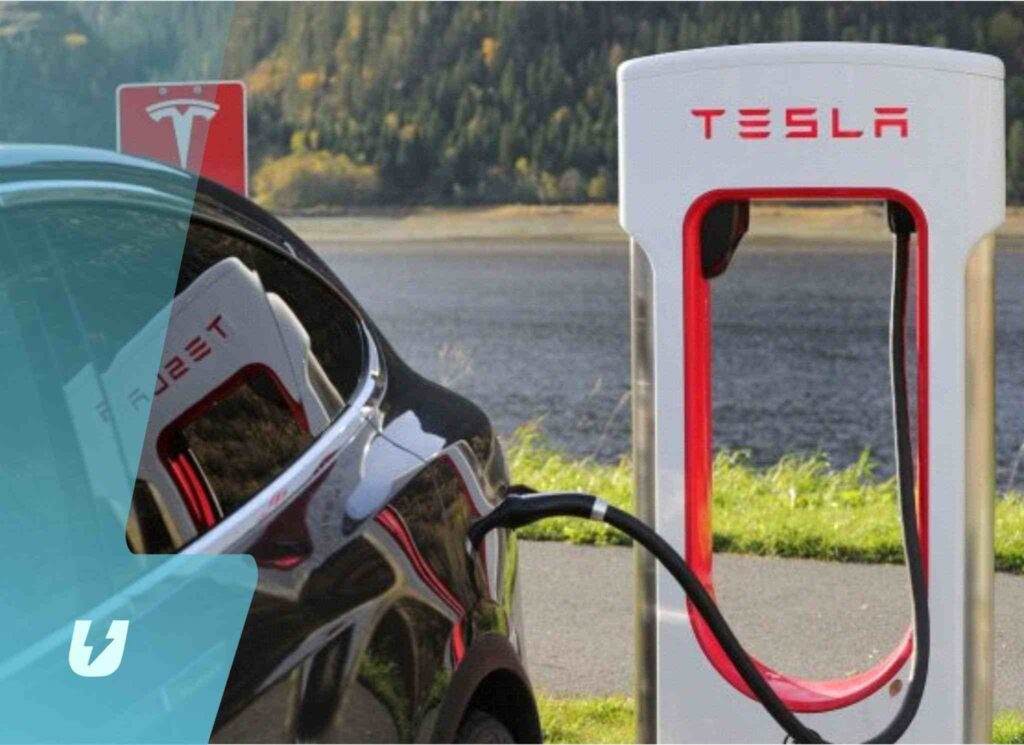How much does it cost to charge an electric car? That’s probably the million-dollar question when it comes to electric vehicles. You’re probably asking yourself the same question and wondering whether there’s a way for you to save more money on charging.
Well, you have come to the right place. In this article, we discussed in detail how much it would cost to charge an electric vehicle. We also shared tips on how to calculate your charging costs so you can control your charging sessions and save more money.
So, make sure you read everything.
Cost of Installing an EV Chargepoint
Although it is possible to charge at home by plugging into a standard domestic socket, having a reliable wall box remains the safer and more convenient method. Wall boxes can also reduce your electric car’s charging time.

The costs of installing a charge point may vary depending on your unit’s power and whether you’d be using a tethered or universal unit. These are the costs of wall boxes from one of the main suppliers of the standard home wall box – Pod Point. The prices are derived from universal home charging units. Their prices as of April 2021 are:
- 3.6kW wall box: £799 (£349 with EVHS grant)
- 7kW wall box: £879 (£529 with EVHS grant)
- 22kW wall box: £1,519 (£1,169 with EVHS grant)
The Electric Vehicle Homecharge Scheme (EVHS) grants £350 for the home charging point cost. It is also worth remembering that several manufacturers will provide a wall box for free when you purchase a new electric car.
Electricity’s average unit rate is about 14p per kWh, but the cost to charge an electric car will vary depending on your location. It is only natural for your domestic energy bills to increase if you are charging an electric car, although you can always reduce its toll on your budget.
The amount of time required to charge an electric vehicle will depend on its battery size and charging speed. For instance, even though a Nissan Leaf’s 40kWh battery can recharge within six hours, a Tesla’s 75kWh battery will take twice the length of time to recharge. These measurements are derived from a 7kW charger.
As a guide, you can reach 10 miles per hour range with a 3kW charger, 30 miles with a 7kW charger, and 175 miles with a 50kW unit.
The Cost of Charging an Electric Car
An electric car is the most cost-effective and convenient modern transport you can use. It should cost significantly less (hundreds of pounds) to charge annually compared to fueling a diesel or petrol car of the same size.
The cost of charging an EV varies depending on the charging station’s location – home, work, or public charging station.
Car owners with off-street parking can enjoy the benefits of charging at home even if their vehicle is not in use and doing it cost-effectively. If you’re not capable of charging from home, you’d be paying more for your car annually using the public charging network.
Using a rapid or ultra-rapid charging point may be the fastest means to charge your electric vehicle, but it’s also the most costly. Some are very expensive you’d be paying more than the fuel cost of a diesel or petrol car of the same size.
Costs To Charge an Electric Car at Home
The average cost of charging an electric car at home is about £15.10. It remains the most cost-effective and convenient way to fully charge your vehicle. The majority of car owners charge their electric vehicles at night so they can sleep while charging and find a full battery in the morning.
- The average domestic electricity rate in the UK is around 28p per kWh.
- To fully charge an electric car at 60kWh will cost about £15 (depending on your location) and provide you with 200 miles of range.
An independent test done by Cars and Travel reveals how much you’ll likely spend to cover 9,000 miles of EV charging from home:
- £500 – £580 annually for a small city car like the VW E-Up or a dinky hatchback such as the Renault Zoe.
- £525 – £730 annually for medium to large-sized cars like the Tesla Model 3 and Nissan Leaf. The amount is the same for compact SUVs like the Hyundai Kona.
- £670 t – £830 annually for large SUVs such as the Audi E-Tron.
Based on Cars and Travel’s figures, the electric car’s size and weight influence the amount of power it uses. But, depending on their car’s model and combustion counterparts, some car owners may be more thrifty with their battery power than others.

How to Calculate the Cost of Charging Electric Cars at Home
An electric vehicle’s battery capacity is conveyed in kWh or kilowatt-hours, the measure of energy storage within the cells. For instance, the KIA EV has a 64kWh battery capacity. To calculate the costs of charging your vehicle, just look at the electricity cost of your home supply and calculate.
The formula: Battery Size (kWh) X Your supplier’s electricity cost (pence/kWh) = Your electric car’s charging cost from empty to full
Example: The KIA Niro EV contains a 64 kWh battery. The electricity cost is £0.17, so the charging cost of the e-Niro battery from empty to full is 64 kWh X £0.17 = £10.88.
Charging Your Electric Car at Work
Many employers are installing workplace electric vehicle charging stations that are generally free to access daily as an incentive for their staff. However, the cost of charging at work varies among organisations and some set a paid tariff to promote the sharing of charging points.

Another effective system is to provide free charging to employees for a given period and charge them after the period expires to encourage their staff to charge elsewhere. Free or not free, having a charging station at work will benefit both employers and employees who want to save more money on transportation, especially with fleets.
If you don’t have the charging infrastructure for your business yet, the OZEV or Office for Zero Emissions Vehicles offers a generous government grant for the installation of business electric vehicle charge points.
The Workplace Charging Scheme can grant you £350 for every charging point, and you can claim a maximum of 40 chargepoints. Read Electric Charger Grant Facts: How to Be Eligible for more information on how to claim a Workplace Charging Scheme grant.
Charging Your Electric Car at Public Locations
Charging your electric vehicle at public locations is a cost-effective way to charge your battery, especially if you’re staying at the location for hours. You will find public charging units installed in places with many electric vehicles like public parking garages, parking lots, and near big cities.

Public charging stations at car parks or supermarkets are generally free for use during the duration of your visit. Some public chargepoints, especially the older ones, need an RFID card, which can be ordered online, to charge.
For chargpoints with apps, a tariff will enable you to pay for the charge through the app. You can use your credit on a pay-as-you-go basis, or pay through your charging network’s account.
Pod Point, one of the biggest networks within the UK, provides free chargepoints at supermarkets like Tesco. About 70% of the network’s non-rapid chargers are available for free. But while Pod Point chargers are free, you cannot use them without the company’s app.
You must utilize Pod Point’s app to charge, or visit their company website and choose the charger you are using. Thus, you must have a smartphone or some internet-capable device to commence charging. You can enjoy a fast 15-minute charge time with it.
Rapid Charging Your Electric Car
Rapid charging stations are generally accessible along with the motorway service stations and normally cost £6.50 for a half-hour, 90-mile charge. Payment for rapid charging, though, is in line with Volkswagen, all electric cars can utilize the chargers.

The Tesla Supercharger Network contains chargepoints throughout the UK and is often freely accessible to Tesla electric car owners. Other sites throughout the UK generally have a tariff that the operator selects.
Pay As You Go offers a starting cost of £0.35kWh with their 50kW and 150kW chargers. Should you opt for their subscription, you’ll gain access to cheaper tariffs with a starting cost of about £0.16kWh and free charging at specific charging stations.
Rapid charging with a Pod Point charger costs £0.25/kWh at present. You will find these in the majority of Lidl car parking areas.
Tesla Supercharger Charging Cost
Tesla has its charging station network. Car owners of old Tesla models have free access to the Superchargers, but later models registered later than January 15, 2017, are required to pay the cost. Tesla has set a 28p/kWh price, although these may vary according to the location.

Despite their quoted price, recharging a Tesla Model 3 will still be much cheaper than refuelling a petrol car of the same size. Paying £70 for electricity delivers 1,000 miles of range. An equivalent petrol car owner will have to spend £124 to reach the same distance.
The fastest charging stations can provide 80% charge in an hour. The rest of the 20% is supplied with less speed so as not to damage the battery pack. It is unlikely that you’ll reach a charging station with zero range so it’s not necessary to get fully charged.
Conclusion
Buying an electric car may be costly in the beginning but more cost-effective compared to a diesel and petrol car in terms of fuel. Considering other factors such as government grants, and tax incentives, an electric vehicle is a more viable option overall.
You’ve seen from the previous sections how home, work, public, and other charging methods can be either free or very affordable based on the electricity tariffs. The price of diesel and petrol may increase in time but electricity would remain clean and affordable.
Bonus Tip
Using reliable and cost-efficient electric chargers can save even more money while making the most out of your electric car. Shop for affordable and reliable EV chargers on our products page and take advantage of your special offers.

